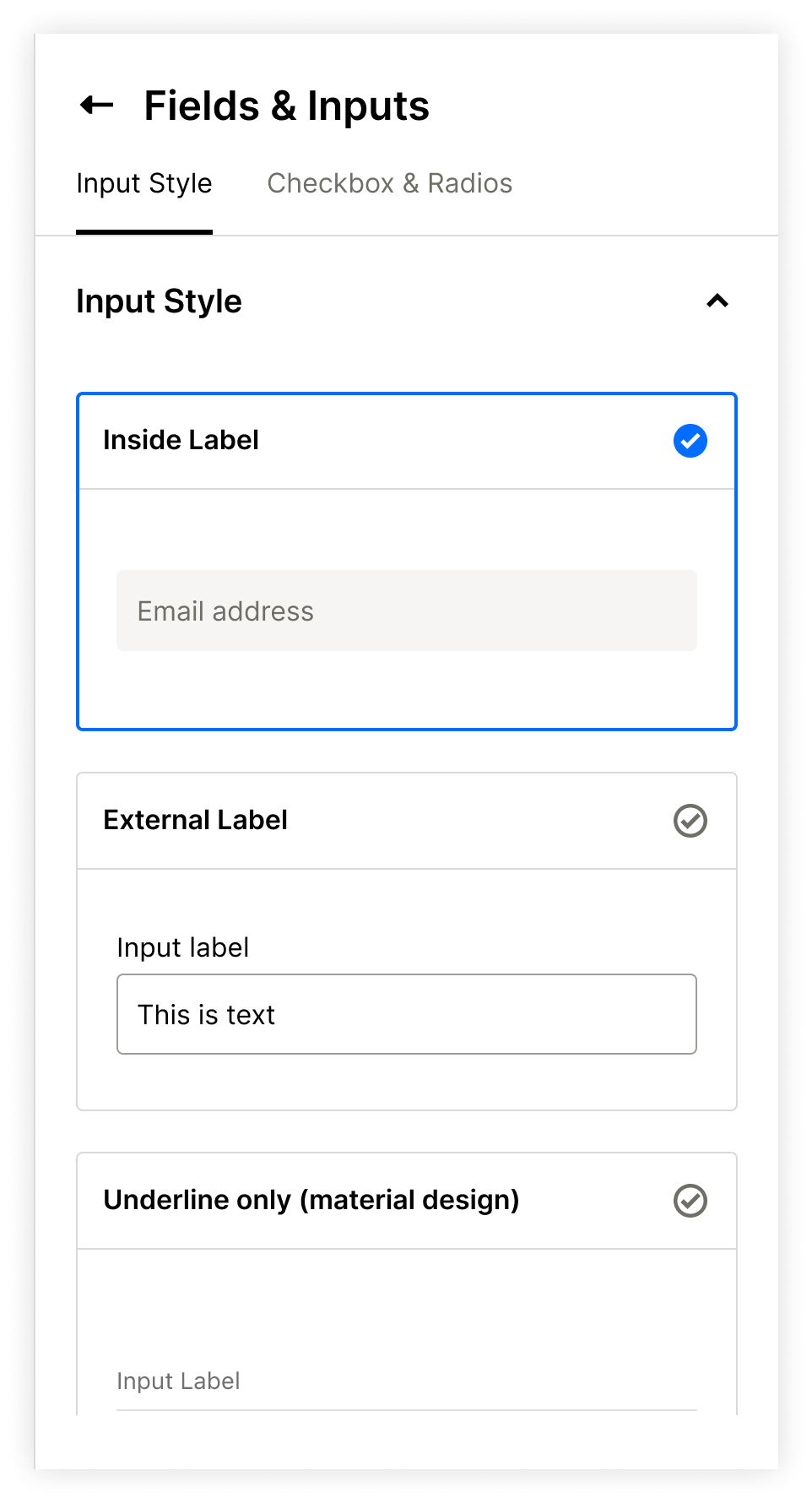Bolt
Checkout Editor
Allowing merchants to customize their own experiences, explore new and existing checkout features and cut down on internal support time
Overview
While Bolt checkout supports many custom features across cart platforms, a lot of merchants were unaware of many of the features because there was no opportunity to discover them unless they dug through our internal documents.
In addition, there was no way for merchant to visualize new features which meant they were heavily reliant on their customer success managers to discover and adopt any new features.
MY ROLE
I was the Lead Designer partnering with support managers and product in order to identify and highlight what the most important feature controls might be for our merchants.
While this project never made it to engineering, it was eye-opening to see the amount of work internal support teams and merchants had to do to make small changes to their experiences, as well as identified a lot of internal tech debt in how old features were setup and managed.
Why did we need to solve this now?
As we were growing and scaling, the existing processes were not going work if our merchant based grew. Merchants also dont want to spend the time and energy going back and forth with Bolt in order to setup a new feature.
What impact did we intend to have?
Internally we wanted to move the configuration of features from internal CSMs to the Merchant to decrease the amount of time CSMs were working on feature configuration.
• For merchants we wanted to increase adoption of new features and create a surface for things like copy customizations, styling and branding configuration to be a more self-service core product.
Merchants had little to no control over what their checkout looked like
In the old UI, the preview was static and only showed the logo change
The “editor” was built as part of a hackathon day and was inaccurate and broken
With the rebrand of the Merchant Dashboard some of the UI was changed, but it was not scalable, and was mainly just parity with the legacy dashboard.
Problems
Usability and scalability concerns with existing UI (also needs to fit within the new dashboard)
Contains a very small and incomplete sub-set of checkout functionality
Long adoption cycles for new features and creates a lack of direct control for merchants
Goals
Create a scalable navigation system
Separate out surface-level features with branding elements to avoid duplicate work for merchants setting up the look and feel of heir products
Provide real-time updates in a realistic preview
Include other features to provide merchants with actual control over what their checkout looks like and what features they are using, as well as provide more clarity on supported or new features
Create a surface to allow more direct control and visibility into Checkout configuration
Future: Moving more configuration from admin dashboard to merchant dashboard










